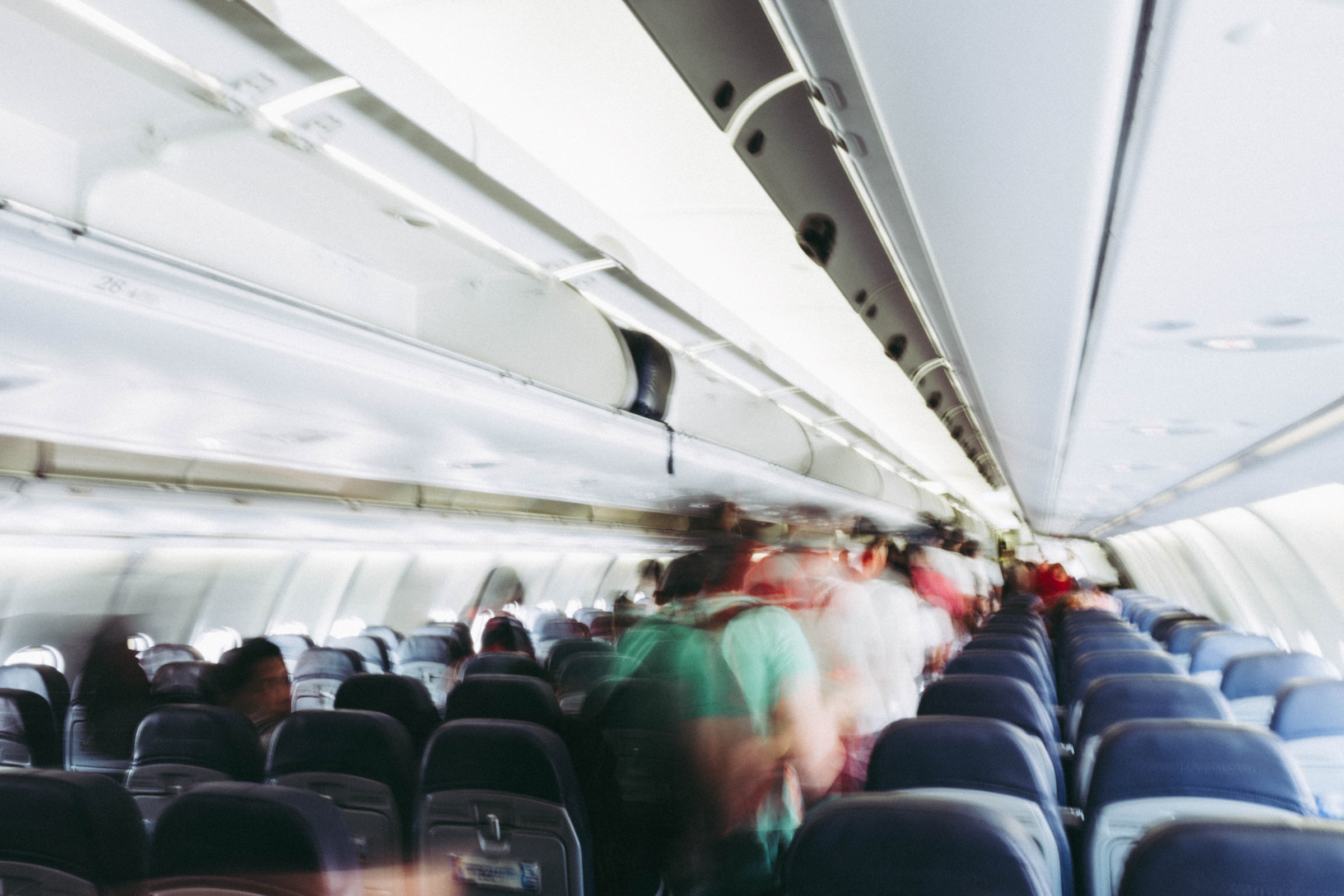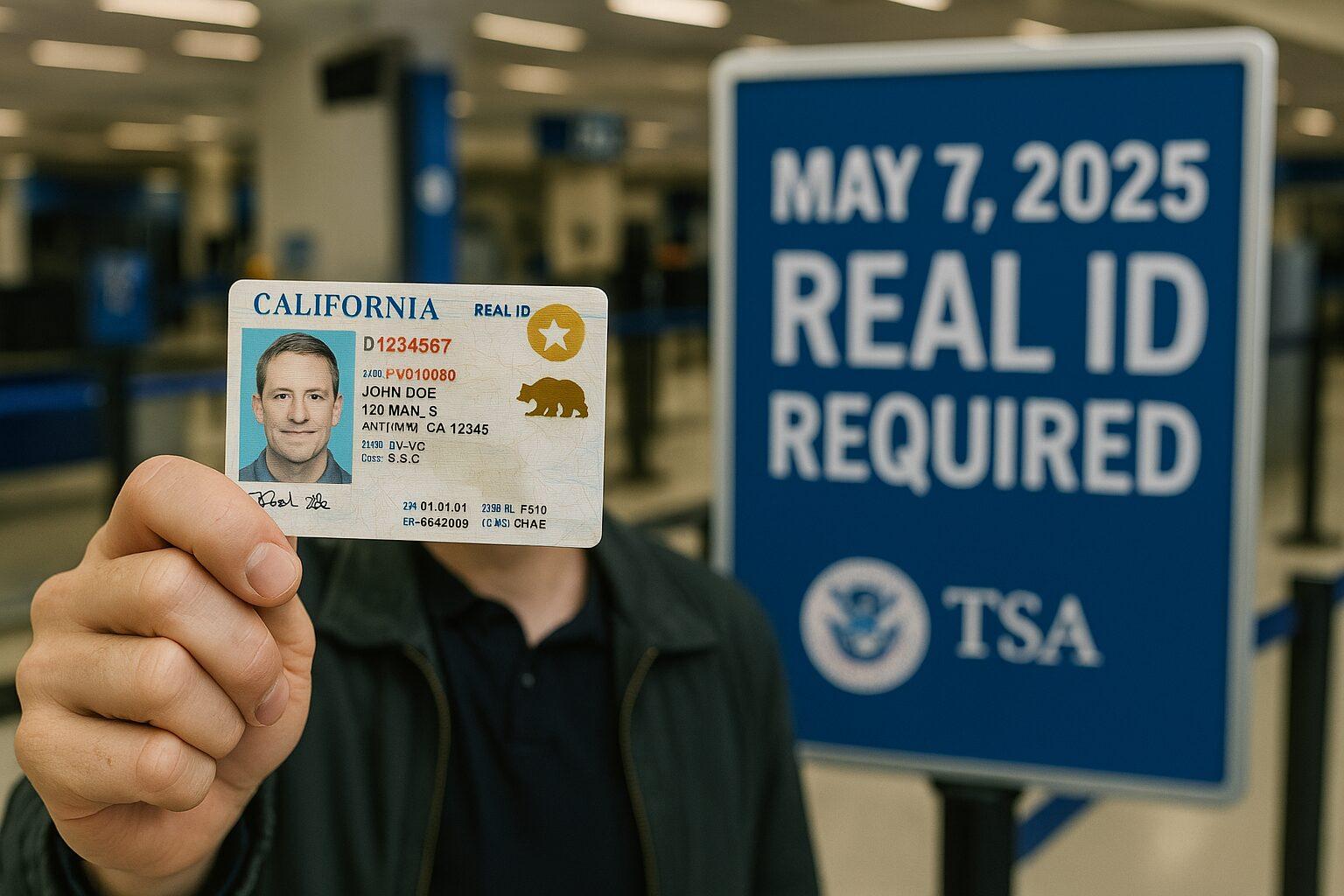
FULLY-VACCINATED travelers who don’t need a visa to enter the Philippines can now enter the country starting December 1, according to Malacañang.
Acting Presidential Spokesperson and Cabinet Secretary Karlo Nograles on Friday, November 26, announced that the latest guidelines were approved by the Inter-Agency Task Force for the Management of Emerging Infectious Diseases (IATF) in Resolution No. 150-A and will take effect until December 15, subject to conditions.
“Upon the implementation of this ng (on) December 1, siyempre imo-monitor natin (of course, we will be monitoring this), we will make proper adjustments kung kinakailangan (if necessary) while we are monitoring its implementation on the ground. If we will extend it, we will extend it,” he said.
“Right now the IATF is just prepared to release a resolution that says up to December 15 pero ‘pag makita naman po natin na maganda ang implementation nito, ie-extend natin ang dates (but if we see that the implementation is good, we may extend the dates),” he added.
Under the resolution, fully-vaccinated foreigners will be allowed to enter the Philippines if they are holders of passports valid for at least six months at the time of arrival, and have return or outbound tickets to their country of origin or next destination.
Prior to their arrival in the Philippines, the foreigners should have stayed exclusively in “green” list countries, territories, or jurisdictions for 14 days.
They must also have proof of vaccination such as:
- World Health Organization’s International Certificates of Vaccination and Prophylaxis,
- VaxCertPH, or
- National or state digital certificate of the foreign government which has accepted VaxCertPH under a reciprocal arrangement unless otherwise permitted by the IATF.
Nograles also said that arriving foreigners should have a negative reverse transcription-polymerase chain reaction (RT-PCR) test taken within 72 hours prior to departure. Upon arrival, no facility-based quarantine and on-arrival RT-PCR test will be required.
However, they are enjoined to self-monitor for symptoms until the 14th day from their arrival with their arrival date as the first day.
Further, Nograles said that travelers merely transiting through non-green list territories are not considered having been there if they stayed in the airport the whole time and were not cleared for entry.
“The testing and quarantine protocols of minors shall follow the testing and quarantine protocol of the parent/guardian traveling with them,” the resolution read.
On the other hand, those vaccinated but failed to comply with the testing requirements before their travel will need to undergo facility-based quarantine until the release of a negative RT-PCR test taken on their fifth day in the Philippines and self-monitor until their 14th day of staying in the country.
Currently, there are 44 countries, territories, or foreign jurisdictions included in the “green” list. Among them are American Samoa, Bhutan, Chad, China (Mainland), Comoros, Cote d’Ivoire (Ivory Coast), Falkland Islands (Malvinas), Federated States of Micronesia, Guinea, Guinea-Bissau, Hong Kong (Special Administrative Region of China), India, Indonesia, and Japan.
Also included are Kosovo, Kuwait, Kyrgyzstan, Malawi, Mali, Marshall Islands, Montserrat, Morocco, Namibia, Niger, Northern Mariana Islands, Oman, Pakistan, Palau, Paraguay, Rwanda, Saint Barthelemy, Saint Pierre and Miquelon, Saudi Arabia, Senegal, Sierra Leone, Sint Eustatius, South Africa, Sudan, Taiwan, Togo, Uganda, United Arab Emirates, Zambia, and Zimbabwe.







